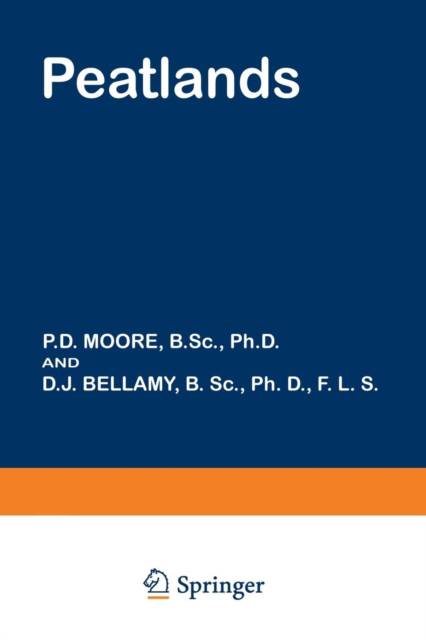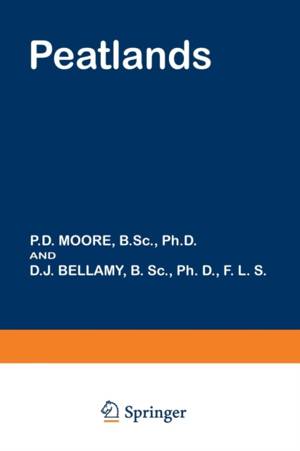
- Afhalen na 1 uur in een winkel met voorraad
- Gratis thuislevering in België vanaf € 30
- Ruim aanbod met 7 miljoen producten
- Afhalen na 1 uur in een winkel met voorraad
- Gratis thuislevering in België vanaf € 30
- Ruim aanbod met 7 miljoen producten
Zoeken
Omschrijving
For many centuries peatlands have been a source of fascination to naturalists and scientists. When the itinerant John Leland passed through the peatlands of Central Wales in 1538 his comment was 'The pastures and montaynes of Cairdiganshire be so great that the hunderith part of hit roteth on the ground and makes sogges and quikke more by long continuance for lak of eting of hit'. His observation displays considerable ecological discernment, for he pinpoints those features of the peatland ecosystem which serve to differentiate it from all others and which have fired the imagination of generations of ecologists with an enthusiasm to understand the processes which Leland observed. Peatlands are, by definition, unbalanced systems in which the rate of production of organic material by living organisms exceeds the rate at which these compounds are respired and degraded. The result is an accumulation of a proportion of this production (not always the 'hunderith part'!) as an organic deposit which we term peat. As the peat blanket thickens, the surface vegetation becomes insulated from underlying soils and rocks, and the resulting environmental changes are often accompanied by floristic changes which reflect the altered hydro- logy and chemistry of the peat surface. Peat producing ecosystems, or mires, are thus dynamic ecological entities, constantly changing, growing, spreading and eroding.
Alleen bij Standaard Boekhandel
+ 213 punten op je klantenkaart van Standaard Boekhandel
Beoordelingen
We publiceren alleen reviews die voldoen aan de voorwaarden voor reviews. Bekijk onze voorwaarden voor reviews.












